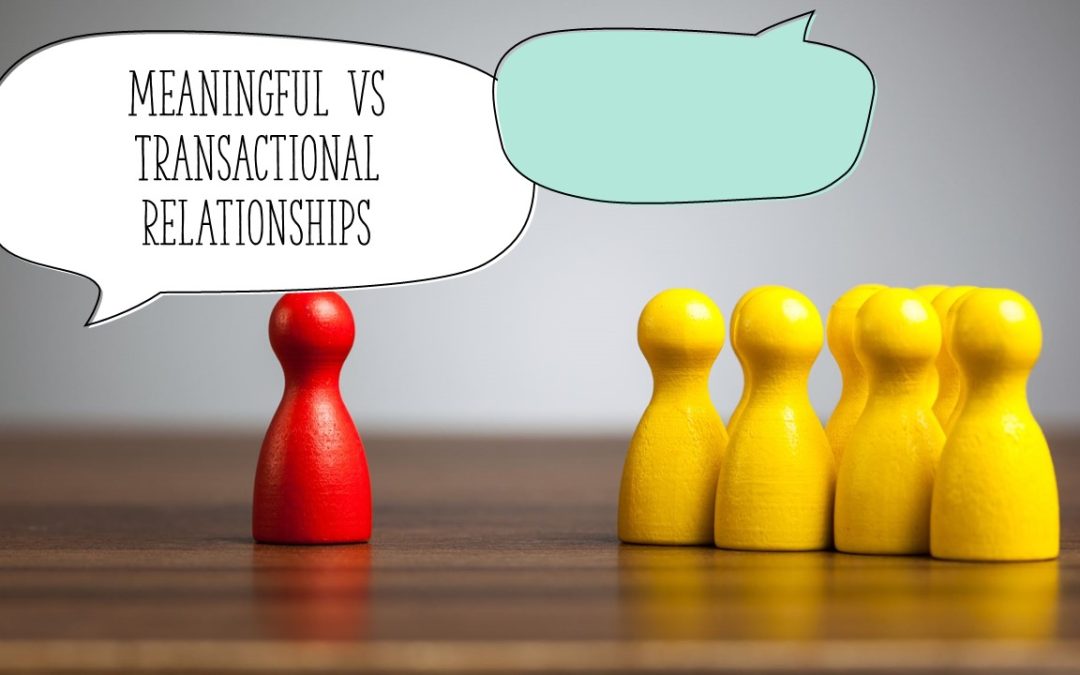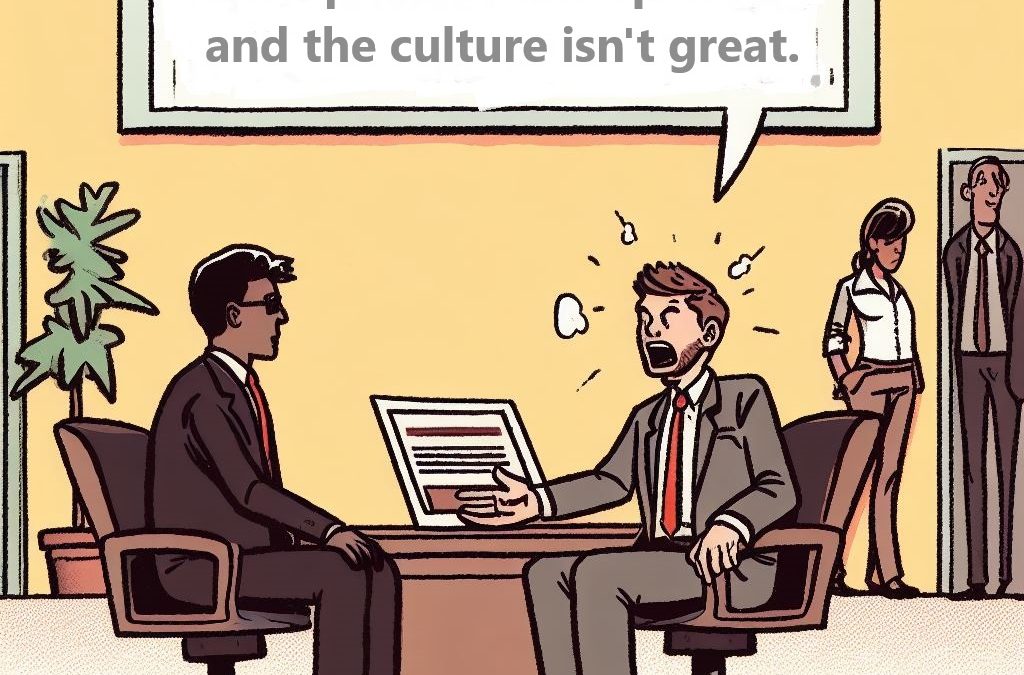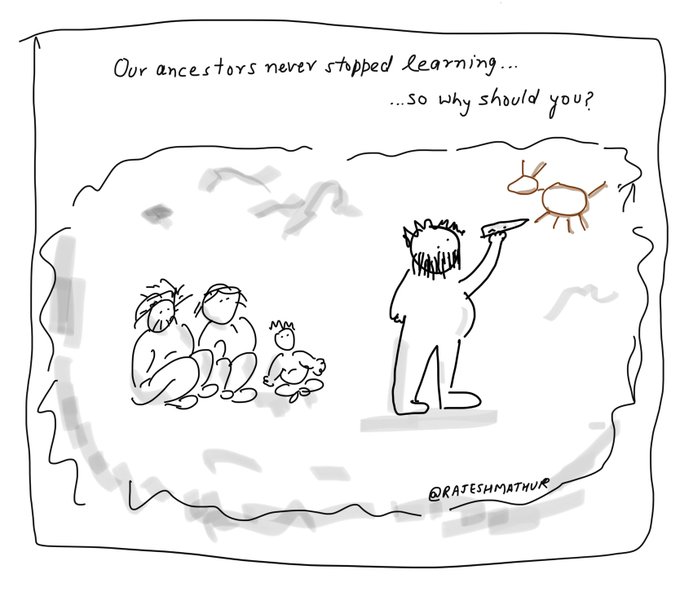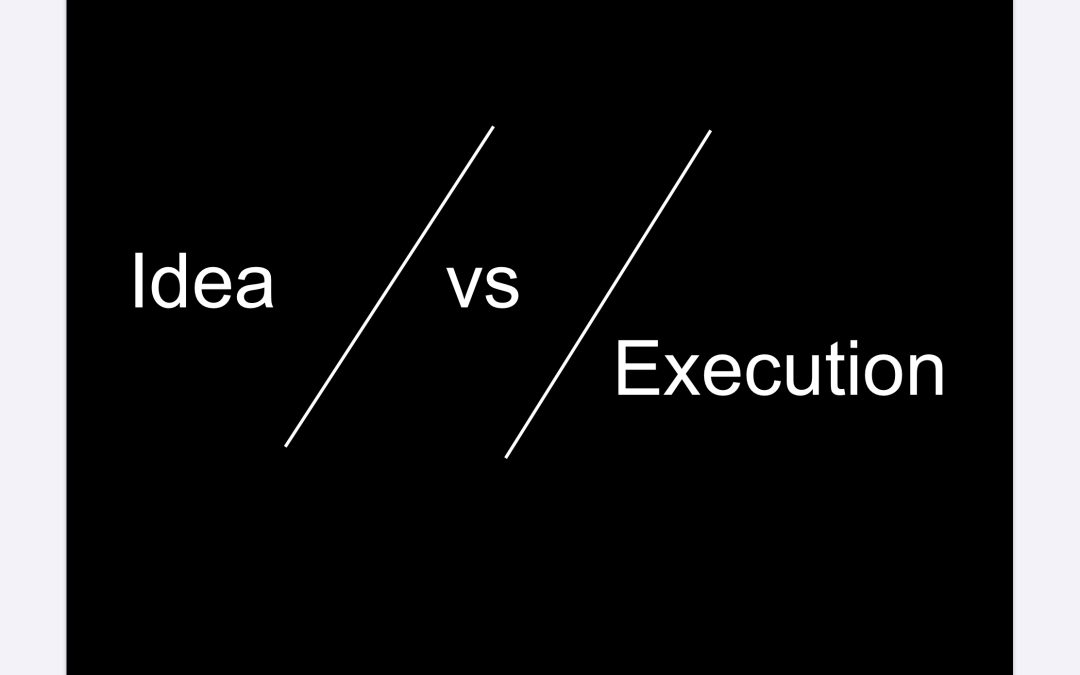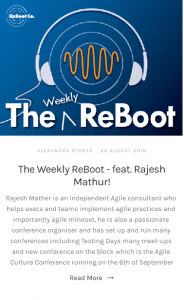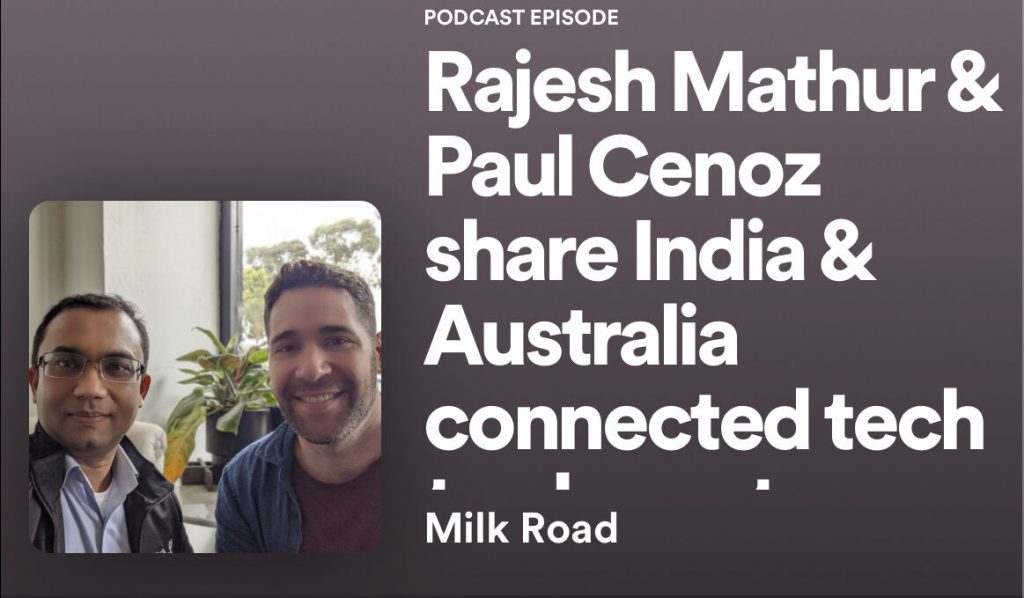
A Blazingly Simple Guide to Build a Better Network
I am a reserved person and can’t easily initiate conversations. Yet, I have built a strong network of 1000s, got 4 jobs in as many countries, and grew personally and professionally.
Here is how I built my network, and you can, too.
- Attend conferences, seminars, and meetups.
- These events don’t have to be related to your industry.
- Remember, a wider net catches more fish.
- Join Professional Associations:
-
- A computer society, a fishermen’s club, a Chamber of Commerce – any of these can be great for newer and important business connections.
- These places always look for volunteers. Offer a helping hand.
- Leverage Social Media:
-
- Use platforms like LinkedIn or X to connect with industry professionals.
- Send a personal note or DM suggesting why you want to connect.
- Ask your connections to help you connect with others.
- Send a DM to someone new every week. Why not? What’s the worst that can happen?
- Follow Up:
-
- Always follow up with new contacts after meeting them.
- Try to find something interesting about them when you meet them.
- Or, remember something important about them. But don’t be creepy.
- Be Genuine:
-
- Show genuine interest in others and their work.
- Listen intently, don’t just hear.
- Don’t look at your mobile or watch while talking
- Offer Help:
-
- Be willing to help others without expecting anything in return.
- Don’t ask for help or demand they help you, as soon you connect with someone.
- Practice Active Listening:
-
- Listen more than you speak and show empathy.
- Match with their mood and energy level
- Prepare an Elevator Pitch:
-
- Have a concise and compelling introduction ready.
- Think how you would deliver an impactful introduction without boasting about your achievements.
- Volunteer:
-
- Offer your time and skills to causes you care about.
- You will be surprised who you may meet as a volunteer
- Be Consistent:
-
- Regularly engage with your network, not just when you need something.
- Be consistent in your efforts. Attending just one meetup will not help you build a big network
- Ask Open-Ended Questions:
-
- Encourage meaningful conversations by asking open-ended questions.
- Open-ended questions can be a great way to know someone better.
- An example is, “what do you enjoy most about your <career> <job> <city>…
- Share Knowledge:
-
- Share valuable information and insights with your network.
- Don’t assume that everyone knows what you know
- Follow Industry News:
-
- Stay updated with the latest trends and news in your industry.
- Your knowledge can make you look approachable at events
- Seek Mentorship:
-
- Find mentors and also offer to mentor others.
- Don’t worry about rejections. Be persistent, but not annoying.
Last, but not the least,
- Be Patient. Remember, building a strong network takes time and effort.

